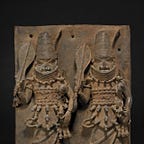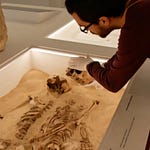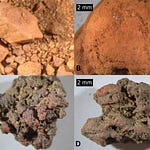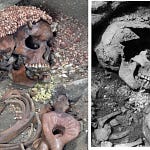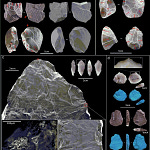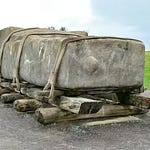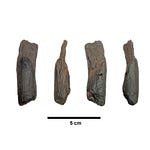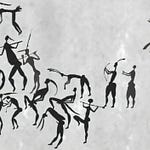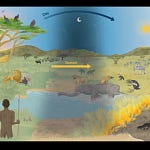The City That Refused to Vanish
For centuries, Benin City was a marvel. European traders who reached the capital of the Kingdom of Benin in the 15th and 16th centuries wrote of broad, ordered streets and an artistry that rivaled anything they knew from home. At its heart stood the Oba’s palace, a sprawling complex of courtyards, shrines, and workshops where artisans cast brass plaques and sculptures — the works later known as the Benin Bronzes.
But much of that grandeur was reduced to ashes in 1897, when British forces invaded, looted the palace, and exiled the Oba. The surviving bronzes were dispersed to museums around the world. What remained beneath the soil of Benin City lay mostly undisturbed for more than a century — until a recent rescue excavation began peeling back the layers of that silenced history.
Nowadays, archaeologists working ahead of construction for the new Museum of West African Art (MOWAA) are unearthing1 the traces of a city that once ruled a vast swath of West Africa and connected it to global trade routes. The MOWAA Archaeology Project, a collaboration between Nigerian researchers, the National Commission for Museums and Monuments, and the British Museum, has revealed long-buried sectors of the royal palace precinct — parts no archaeologist had seen in half a century.
“Benin’s soil holds the memory of an empire that never stopped evolving,” says Dr. Amina Odejide, a cultural historian at the University of Ibadan. “Each trench we open is a conversation between past and present — between the living city and the one that came before.”


